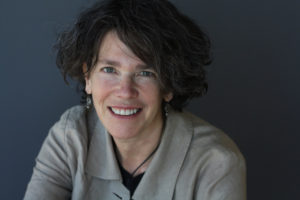International Holocaust Remembrance Day (Jan. 27th) marks the anniversary of the liberation of Auschwitz concentration camp and is designated by the UN as a day to honor the great many lives lost in the Holocaust as well as reflect on our own roles in preventing this kind of devastation in the future.
Please join the Center for Religious and Spiritual Life with special guest Lori Gans, for a Wheaton community reflection on the legacy of the Holocaust and what it means for an institution of teaching and learning. Lori Gans is a long time trainer for “Echoes and Reflections,” a program dedicated to training educators across the nation to incorporate Holocaust education into their curricula using innovative teaching resources and best practices.
The Center for Religious and Spiritual Life invites you to join Wheaton’s Scholar in Residence, Dr. Wangchuk Rinzin, in Buddhist meditation instruction and practice. Dr. Rinzin is a Bhutanese scholar and former Buddhist monk who is teaching this year in the departments of Religion and English. RSL is excited to help share his considerable knowledge and experience with the winder Wheaton community.
Please join us Wednesday December 1st at 4:30 p.m. in The Base meeting room for this special meditation workshop.
If you have any accessibility needs or concerns, please contact [email protected].
 Tanya Luhrmann is the Watkins University Professor in the Anthropology Department at Stanford University, the author of When God Talks Back, and co-editor and contributor to Our Most Troubling Madness: Case Studies in Schizophrenia across Cultures. She has done
Tanya Luhrmann is the Watkins University Professor in the Anthropology Department at Stanford University, the author of When God Talks Back, and co-editor and contributor to Our Most Troubling Madness: Case Studies in Schizophrenia across Cultures. She has doneethnography on the streets of Chicago with homeless and psychotic women, and worked with people who hear voices in Chennai, Accra and the South Bay. She has also done fieldwork with evangelical Christians who seek to hear God speak back, with Zoroastrians who set out to create a more mystical faith, and with people who practice magic. She uses a combination of ethnographic and experimental methods to understand the phenomenology of unusual sensory experiences, the way ideas about minds and persons shape them, and what we can learn from this social shaping that can help us to help those whose voices are distressing.